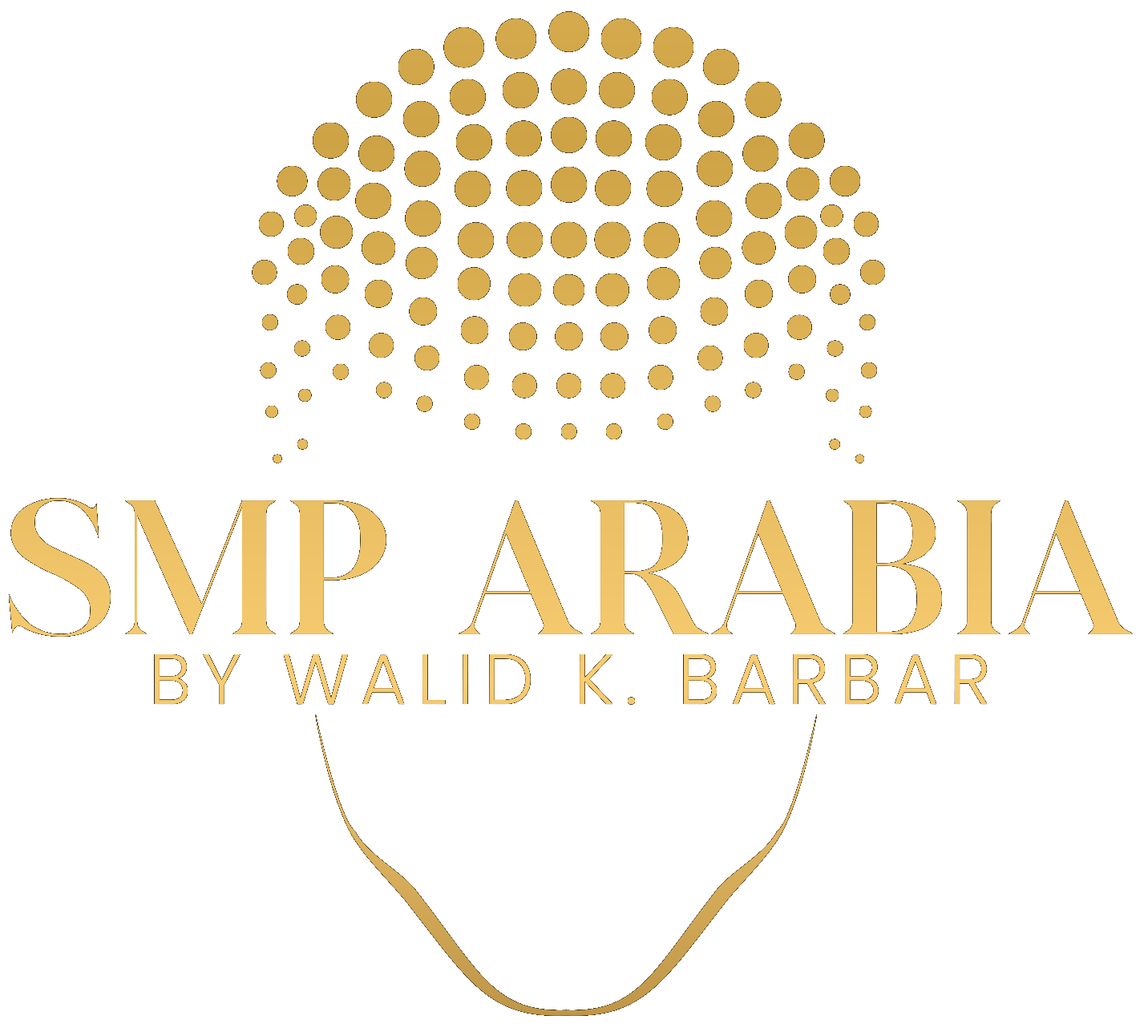Is SMP Haram?
We have many Muslim clients. SMP is particularly well suited to people with darker skin tones and hair. As a result, there is often a question of whether scalp micropigmentation is haram?
Our understanding of this is that it can be down to interpretation. The basic areas in question are regarding the perception of SMP as a tattoo and whether it is permanent. Our clients have generally advised us that since SMP restores what you once had, rather than acting as a modification it is understood to be permissible.
Treating an Ailment
Similarly, the European Council for Fatwa and Research ruled in December 2016 that SMP is allowed as it is used to treat an ailment. Their ruling is below.
The Council is an Islamic, specialized and independent entity which comprises of several scholars. They meet to answer questions with a purpose to guide ‘Muslims in Europe generally and those working for Islam particularly, through spreading the proper Islamic concepts and decisive legal Fatwas.’
- SMP will have no effect on the ability for the skin to absorb water (i.e. for wudhu) or release water as sweat.
- The main difference between a tattoo and SMP is that SMP is semi-permanent and uses a completely natural pigment. It uses specialist pigments created for the scalp only, not tattoo ink.
- During treatment, our fine needles penetrate the skin to the second dermal layer at a much shallower depth than that of a tattoo. We aim for the procedure to be as permanent as possible but many clients visit us within 3-5 years for occasional top-ups to their look.
- The interpretation we prefer is that we are involved in restoration rather than change, we are solving a problem that often cannot be addressed in any other way.

